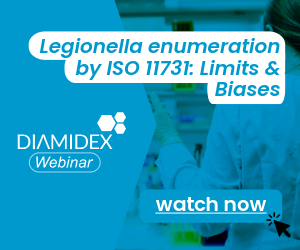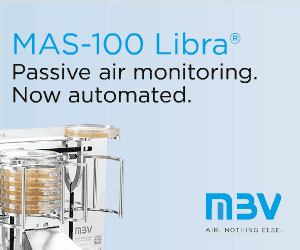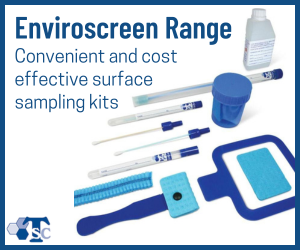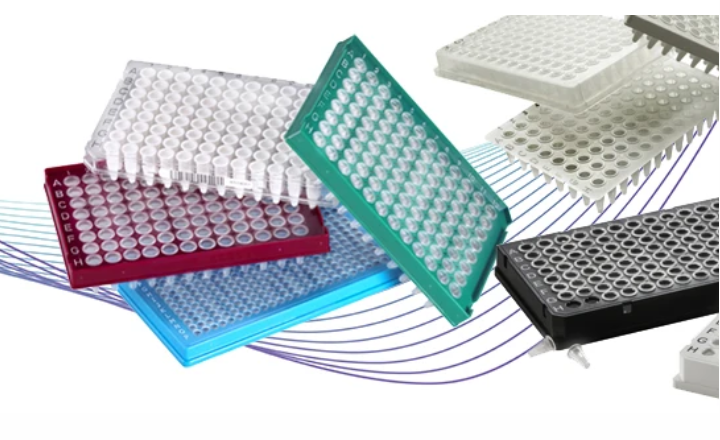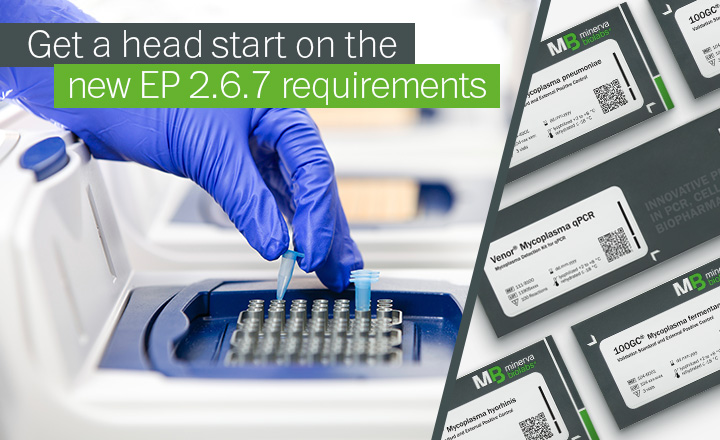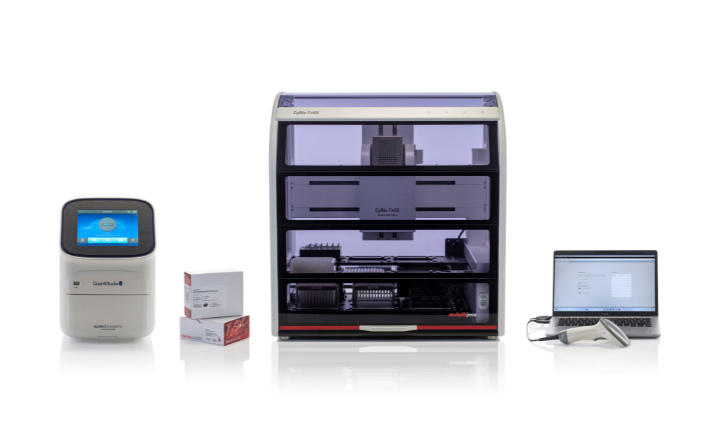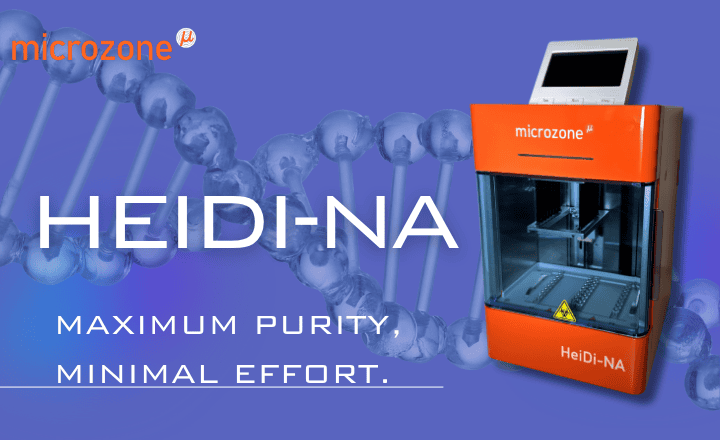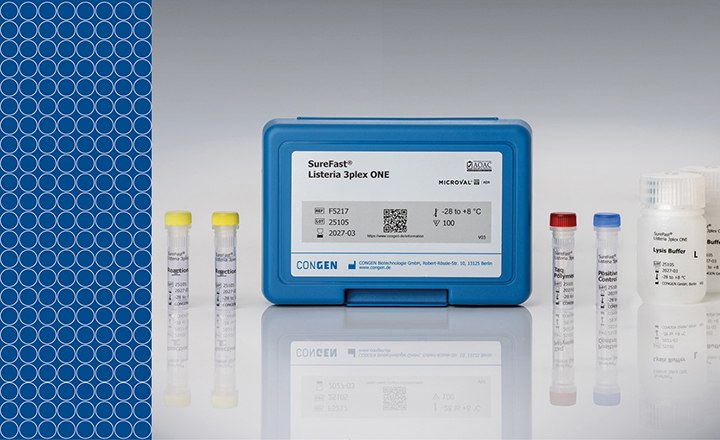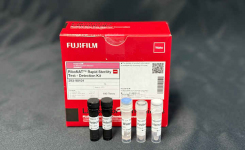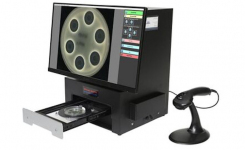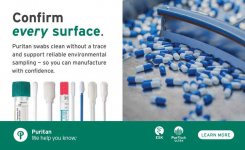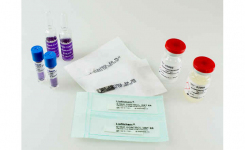- 4titude® PCR plates from Azenta Life Sciences are made from virgin polypropylene in a Class 7 ISO-certified cleanroom, available in low- and high-profile formats with options for non-skirted, semi-skirted, and fully skirted designs.
- Ultra-thin-walled construction ensures efficient heat transfer and reliable sealing to avoid sample loss or contamination.
- White wells enhance signal reflection, boosting sensitivity and reproducibility, particularly useful for low-abundance targets or assays.
- Frosted-well PCR plates avoid software issues associated with white wells.
- Available with a variety of frame colours and well finishes (clear, frosted, white) for quick visual differentiation between samples or workflows.
Achieving reliable PCR and qPCR results is not just about the reagents - consumables play a crucial role too. 4titude® PCR plates from Azenta Life Sciences are optimized to meet the varied and often overlooked needs of modern PCR workflows.
Manufactured from virgin polypropylene in a Class 7 ISO-certified cleanroom, these 96- and 384-well plates are available in both low- and high-profile formats, with options for non-skirted, semi-skirted, and fully skirted designs. The ultra-thin-walled construction ensures efficient heat transfer, a critical factor in achieving consistent amplification, while raised rims support reliable sealing - helping to avoid sample loss or contamination.
It is widely acknowledged that well colour influences performance in real-time applications. While clear wells provide excellent visibility for pipetting and sample inspection, they can fall short when it comes to fluorescence sensitivity. White wells, on the other hand, enhance signal reflection, boosting the signal-to-noise ratio and improving both sensitivity and reproducibility - particularly useful for low-abundance targets or assays where every cycle counts.
However, not all instruments are compatible with white wells. In response, Azenta developed frosted-well PCR plates—avoiding instrument software issues associated with white wells, while still offering stronger signal retention than clear options.
Azenta Life Sciences also offers divisible PCR plates that provide all the flexibility of tube strips, in a plate format. These divisible PCR plates can be easily split into smaller plate sections, avoiding wasted materials and money.
To support organization and reduce cross-contamination risk, 4titude® PCR plates are available with a variety of frame colours and well finishes—clear, frosted, and white—allowing for quick visual differentiation between samples or workflows, whether labs are running high-throughput assays or sensitive qPCR reactions.
For more details, visit: www.azenta.com


